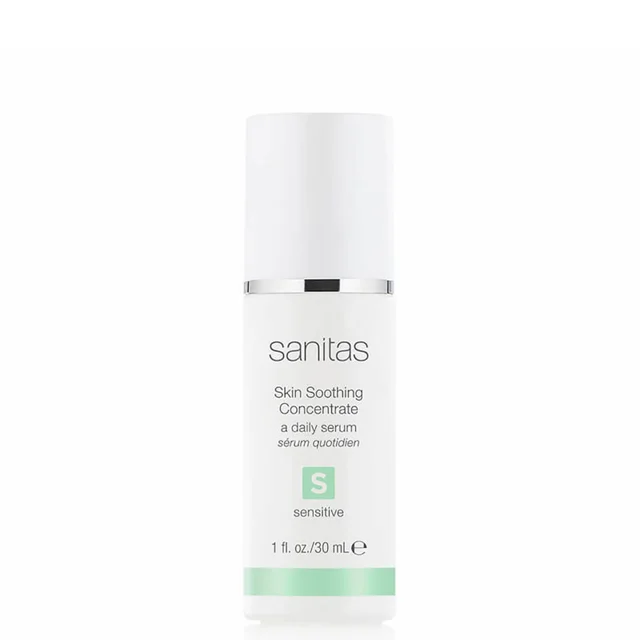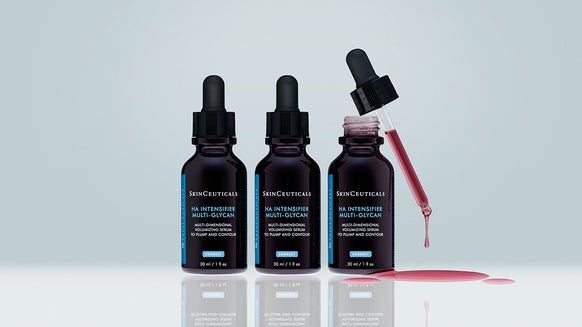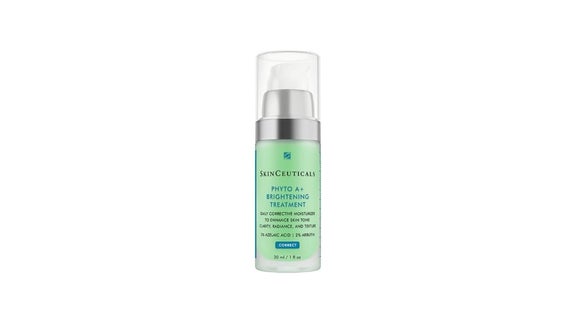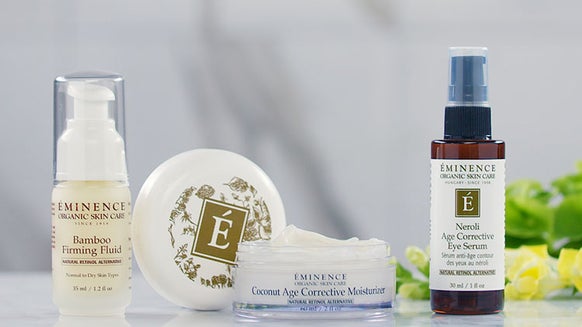Inflammation of the Skin: Risk Factors, Triggers and Symptoms
What is inflamed skin?
Inflamed skin is irritated skin. “Inflamed skin typically means the skin has been irritated from an internal or external cause,” says dermatologist Nada Elbuluk, MD, assistant professor in the Ronald O. Perelman Department of Dermatology of NYU. It can appear in a few ways, including itching, burning and discoloration of the skin. Inflammation may look red or pink in early stages (think your average rash or pimple) and can leave behind a light- or dark-brown patch. In darker skin, that initial discoloration takes on more of a purple tone. “The degree of discoloration is often dependent on several factors, including the depth in the skin at which the inflammation is occurring and how long it’s been occurring,” notes Elbuluk.
What are the different types of inflammation?
There are two types of inflammation in the skin: acute and chronic. The difference between them is a matter of timing, says Elbuluk. Acute inflammation usually lasts six weeks or less and can result from many skin issues, like acne, sunburns and allergic reactions. Chronic inflammation goes beyond six weeks and may be indefinite. It often goes hand in hand with eczema, rosacea and psoriasis—skin diseases that don’t usually disappear in a few days or weeks.
What causes inflammation of the skin, and is it preventable?
How can you treat inflamed skin?
If your inflammation of the skin comes and goes, you might already know the reason behind it. (Looking at you, hormonal acne.) But if you

From the latest hair and makeup trends to the best solutions for your skin issues, we've got all your beauty concerns covered!








